Channel 4’s Unapologetic series order is a step in the right direction for Black British TV
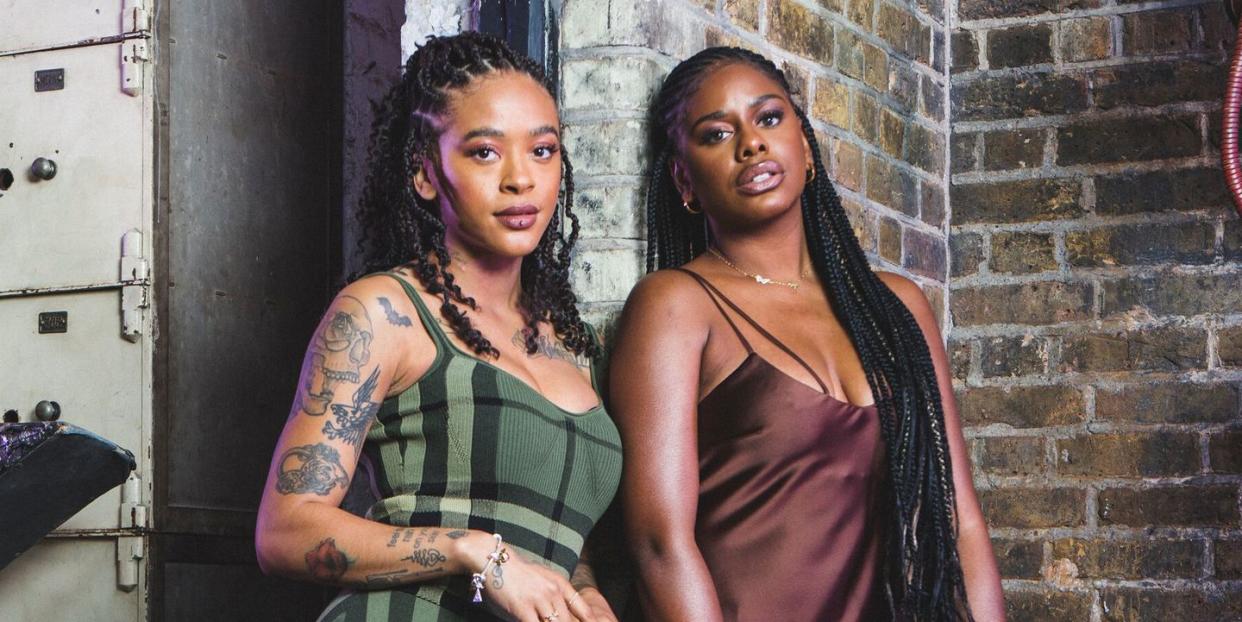
- Oops!Something went wrong.Please try again later.
Whether it be talk shows, sitcoms or reality, for many of us, TV forms an inextricable part of our lives. Its impact is profound because of its ability to speak to the deepest parts of ourselves, helping us make sense of who we are, making us feel seen and our life experiences valued.
One prominent study on the racial and gender differences in children's TV use and self-esteem found that increased viewing habits had a positive effect on the self-esteem of white boys because they identified and felt empowered by the plethora of powerful, complex white characters. The opposite was true for Black and brown audiences.
British TV has been historically, notoriously white, bar a few exceptions such as '90s sitcom Desmond's and more recently, Michaela Coel's critically acclaimed I May Destroy You. But for the most part, Black British viewers find themselves, at each stage of life, looking to offerings from across the pond to find narratives that reflect the diversity of voices within their communities.
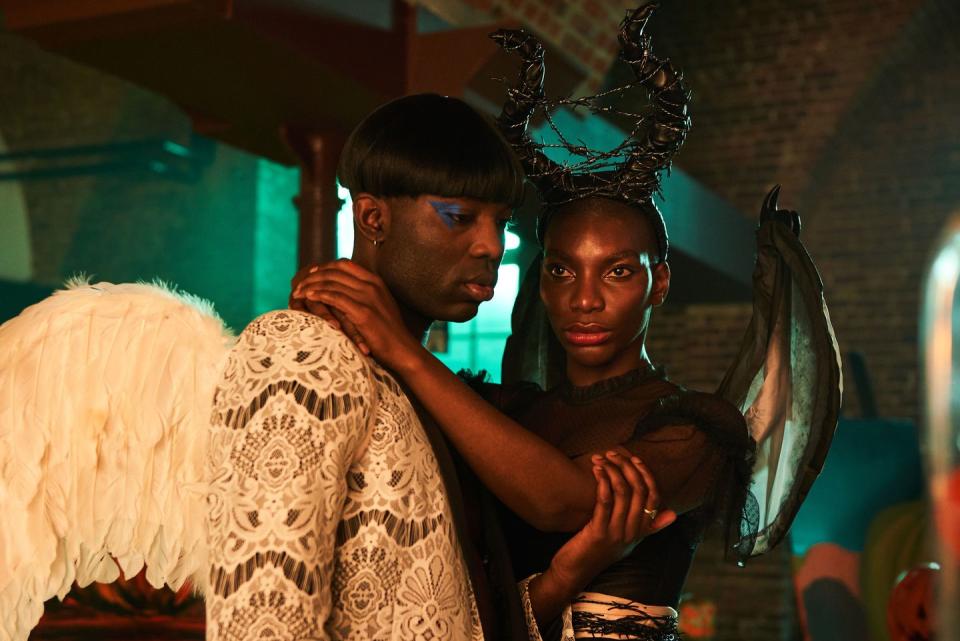
A $50bn industry, American TV has managed to cement its influence worldwide and has a significant investment in creators and artists of colour. Unsurprisingly, those from different backgrounds bring with them a range of skills and fresh perspectives that allow the industry to churn out content that reflects the richness of the human experience. And given the sheer volume of Black and brown helmed US shows, many have become household favourites even on this side of the pond. They cannot, however, capture the uniquely Black British experience.
The latest Creative Diversity Report found that the representation of Black and ethnic minorities in British television has been falling year on year, both on and off-screen for the past three years. As it stands, people of colour make up a dire 5% of series producers, 6% of writers and 8% of directors.
Star of Killing Eve, Sandra Oh, notably commented on how considerably behind the UK is when it comes to diversity on and off-screen. And yet ironically, we also appear to be one of the biggest exports of Black British talent.
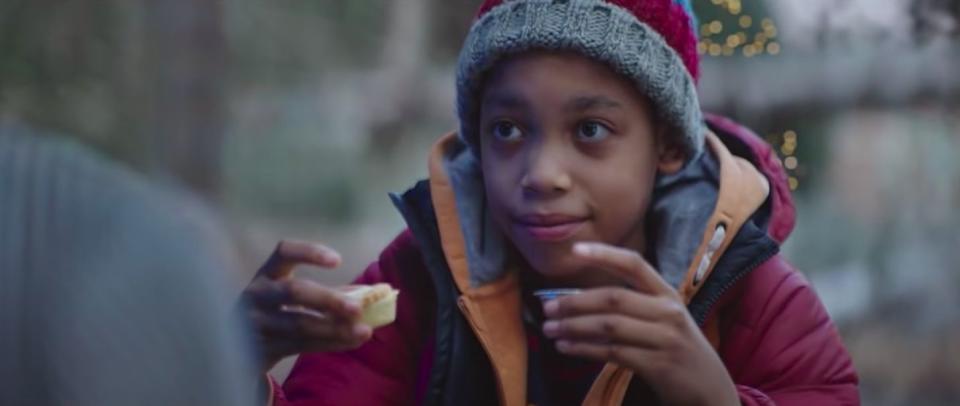
Damson Idris, Kirby Howell-Baptiste, Marsha Thomason are among many of the rising stars of the small screen who have been rigorously trained in our theatres and esteemed film schools but are then forced to leave to find the roles and opportunities worthy of their talents. Such results are, all in all, an indictment of our failure to adequately produce shows that reflect the range of voices and talent in this country.
Moreover, former Culture Secretary John Whittingdale's suggestion that broadcasters be legally required to make "distinctively British programmes" — then citing Fleabag and Only Fools and Horses, shows with white-majority casts – not to mention the public's racist response to John Lewis' 2021 Christmas advert, further reflect the resistance from both the establishment and public to make meaningful changes.
The prominence of British TV on the world stage has been back at the forefront of discussion, in part thanks to a night of British TV success at the 73rd Primetime Emmys. Mare of Easttown, The Crown and Ted Lasso were among the big winners, promoting media pundits and the Twitterverse alike to laud this era the "golden age of British TV".
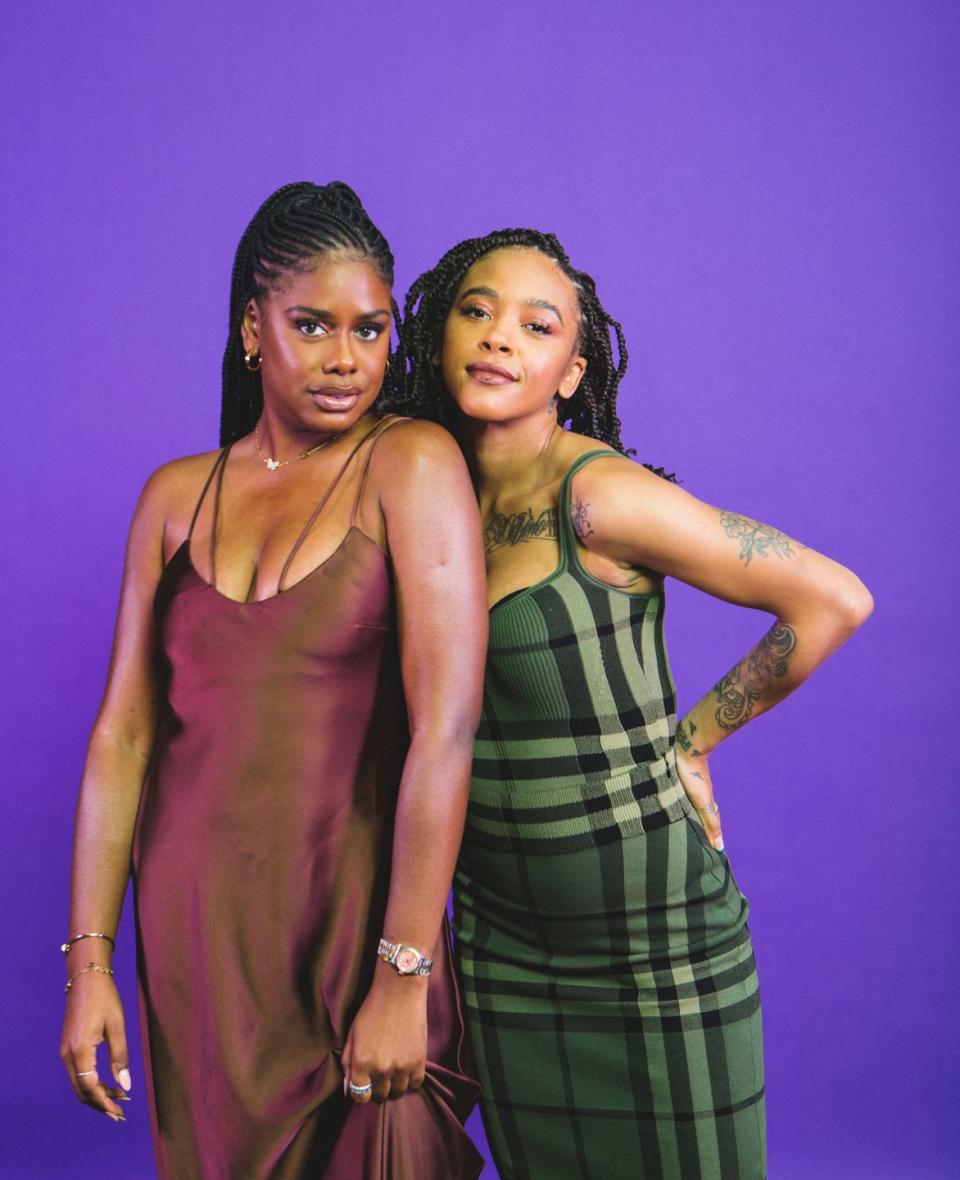
But perhaps we're getting carried away. British TV has always been known for its period dramas and police mysteries. Judging by the roster of the British Golden Globe and Emmy successes over the past decade, the needle has barely moved. This newfound recognition can be arguably attributed to buy-in from American audiences.
In September, Channel 4 addressed this problem head-on through its Black to Front initiative, a day of adverts and existing and new programmes fronted by Black British personalities, as part of the channel's ongoing commitment to increase on-screen diversity. Some critiqued the project, calling it a performative, tick box exercise. Others complained it was "Black Lives Matter gone mad".
For the most part, it was warmly received by social media users though, many of whom found it affirming to see an entire schedule of television led by Black talent.
Standouts from the day were the new content that fills the gap we seldom see: Highlife, a reality series following the lives of ambitious Black millennials, Bolu Babalola's comedy pilot Big Age about two friends figuring out love, life and careers and Unapologetic, a topical late-night discussion show hosted by Zeze Millz and Yinka Bokinni which featured a Black panel.
All of these were incidentally created and fronted by Black British creatives who, despite initial buy-in from mainstream media, have been wildly successful thanks to the investment and support from their own audiences and communities over the years.
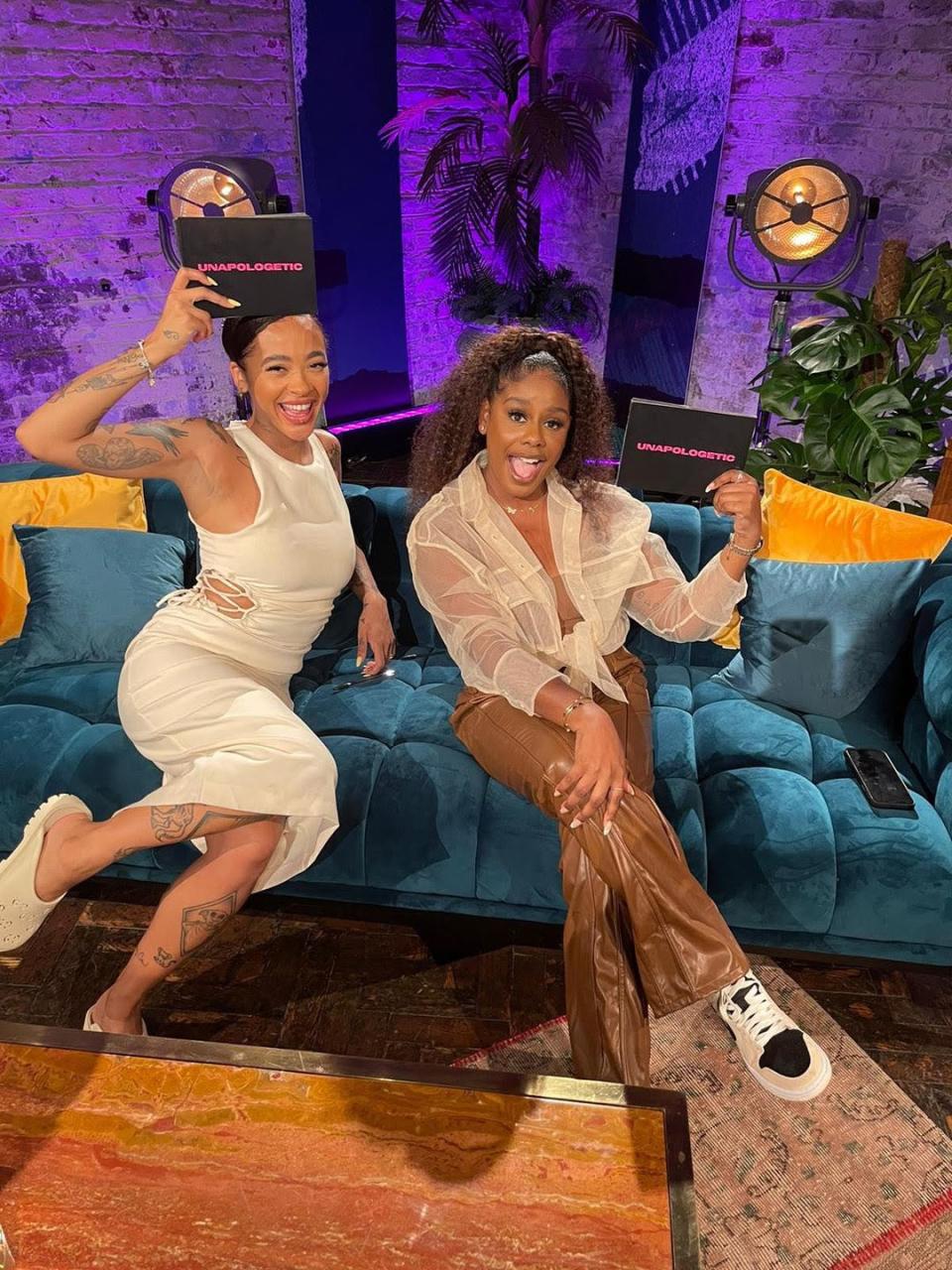
Channel 4 has since issued a six-part series order for Unapologetic in what is an undoubtedly exciting move for the industry and a step in the right direction. Although British TV has been slow to evolve, the prolific rise of streaming services, as well as new technologies that allow creators to produce and promote their own art, serve as a reminder that there really is room for everyone.
As awards season looms, it's important to recognise that we really are at a precipice of change. The renewal of Unapologetic marks a historic opportunity to support and push for more Black British content that our screens and audiences so desperately need.
Unapologetic airs on Channel 4 in the UK.
You Might Also Like

